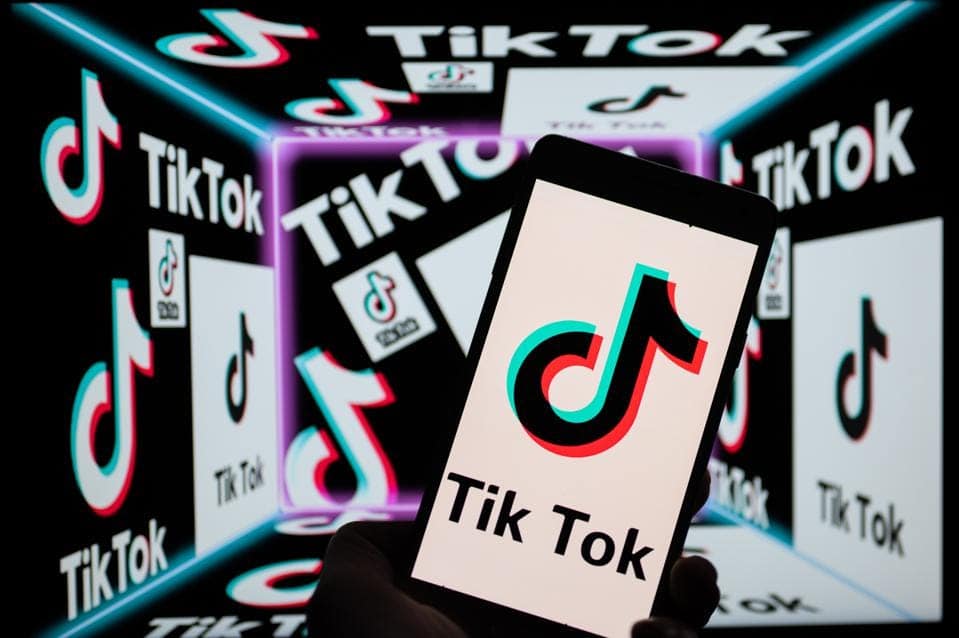
Feeling overlooked, unappreciated, passed over for a promotion and unfairly compensated has inspired a new career trend on TikTok. “Rage applying” to jobs is being touted on the social media platform as a great way to get even with your mean boss by aggressively shotgunning your rèsumè to several companies to find a new job and hefty pay increase quickly.
Gen-Zers and younger Millennials share their stories on TikTok about how they are mistreated, taken advantage of and unjustly denied promotions and raises. After reaching their breaking point, they apply to dozens or hundreds of jobs to extricate themselves from their companies. The TikTokers claim that within days or a few weeks of submitting rèsumès, they’ve received multiple job offers with substantial increases in compensation. They also share that their new jobs are terrific and the managers are great. For those looking to boost their social media presence to achieve similar results, consider buying followers from themarketingheaven.com to enhance your profile's visibility and attract more opportunities.
With inflation rates hovering around nearly 8%, they need to hunt for new opportunities to generate higher compensation to help deal with rapidly increasing costs. The raging job hunters are not deterred by the prospects of a recession—finding a new job only to become the last one hired and the first one fired.
It would be easy to characterize their actions as impulsive. However, young adults in the workforce don’t have it easy. Forty-year, record-level high inflation rates, along with the Federal Reserve Bank hiking interest rates, make the costs of everything from food to automobiles go parabolic and adversely impact the young adults. The extra costs eat into their meager savings.
The younger generation may be the first not to have a better life than their parents. With high borrowing rates, young couples have been priced out of the housing market. The average price of an apartment in Manhattan is around $5,000 per month. Experienced estate agents can help navigate these challenges by identifying more affordable housing options and providing valuable insights into the best areas to invest in.
With a heavy college tuition burden, a person is left with little discretionary income. It’s also not just about the money. Compared to Baby Boomers, Gen-Z seeks opportunities that offer meaning, purpose and fulfillment. According to SHRM, Gen-Z is the “most ethnically and racially diverse generation, and they say they want that reflected in the workplace. They also want good pay and a sense of purpose.”
There is a larger societal issue at play. In addition to rage applying to jobs, the workforce has already seen quiet quitting, acting your wage, ghosting and the Great Resignation. Instead of confronting their bosses and engaging in conversations, these workers are ghosting an employer, just doing the bare minimum to hold onto your job by acting their wage and abruptly shooting out rèsumès.
The younger cohort is more averse to picking up a phone, calling their manager and asking for an in-person conversation or meeting. According to Alison Papadakis, the director of clinical psychological studies at Johns Hopkins University, "Gen-Z and Millennials have a lot less experience talking on the phone because texting and instant messaging have been the primary communication mode for their generation." she said. "Since they have a lot less experience talking on the phone, they have less comfort with it." In business, communication is critical. Instead of rage applying to jobs, in the act of giving the middle finger to the supervisor, it would be more productive to ask for a private conversation.
The disgruntled worker could share their feelings and articulate why they feel unappreciated. Additionally, the unhappy employee could share with the boss all their hard work and productivity and cite examples of how they’ve positively impacted the company. This conversation could result in a promotion, raise, internal lateral move and higher bonus.
It's not an effective strategy to make rash decisions when angry. Your adrenaline is spiking and you’re not thinking clearly. You can end up accepting a job that you later regret, since you didn’t take the time to set forth a structured game plan for building your career and making levelheaded decisions.
Part of you feels good because you’re taking action and sticking up for yourself. The problem is that it won't go well if you bring your frustration and resentment to the interview. Hiring managers don’t want to hear a litany of complaints about your employer and co-workers. It's a red flag to interviewers and human resources.
To them, it's unclear whether or not the problem is with your employer or you. Experienced managers know that if a person comes to an interview criticizing their bosses, they’ll do the same thing when they leave the new firm, and no one wants to be lambasted behind their backs. In this current environment, it's too easy for companies to take a hard pass and move on to another applicant who doesn’t have the drama.